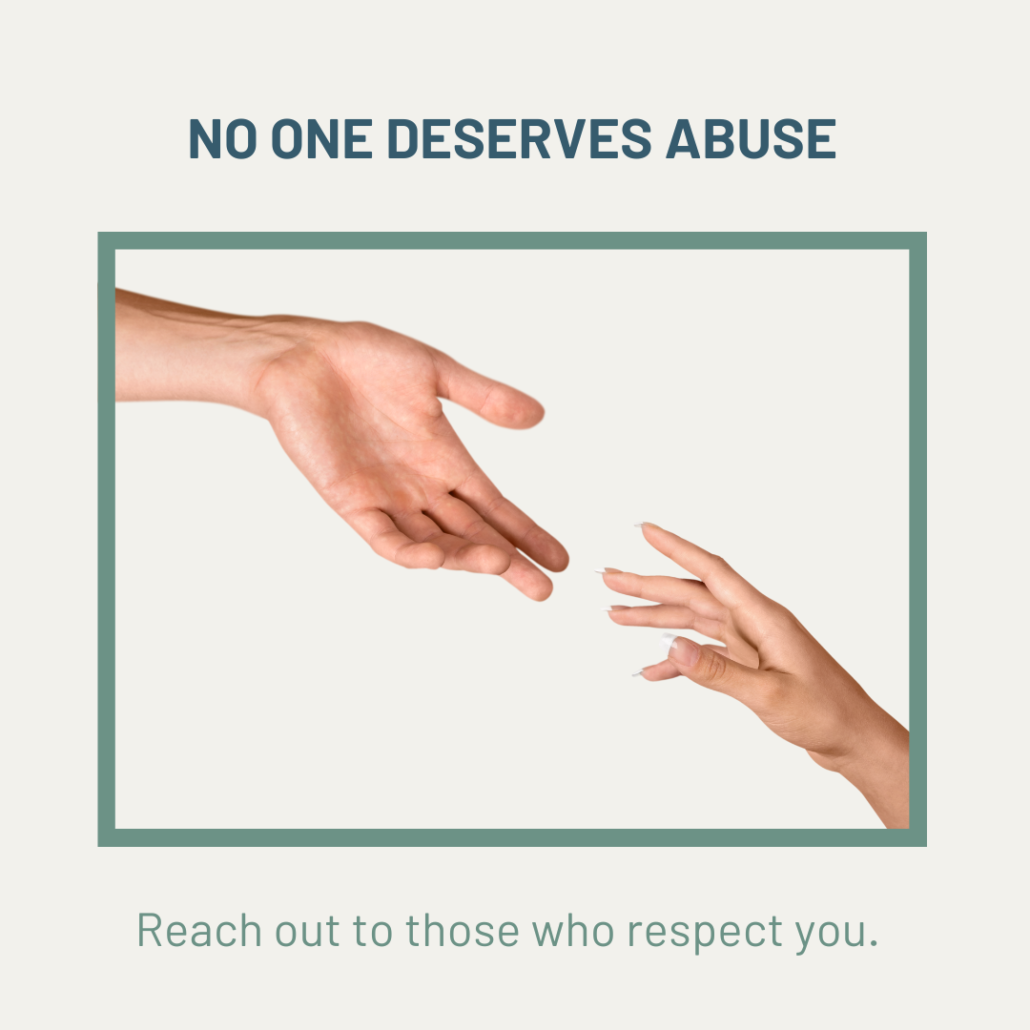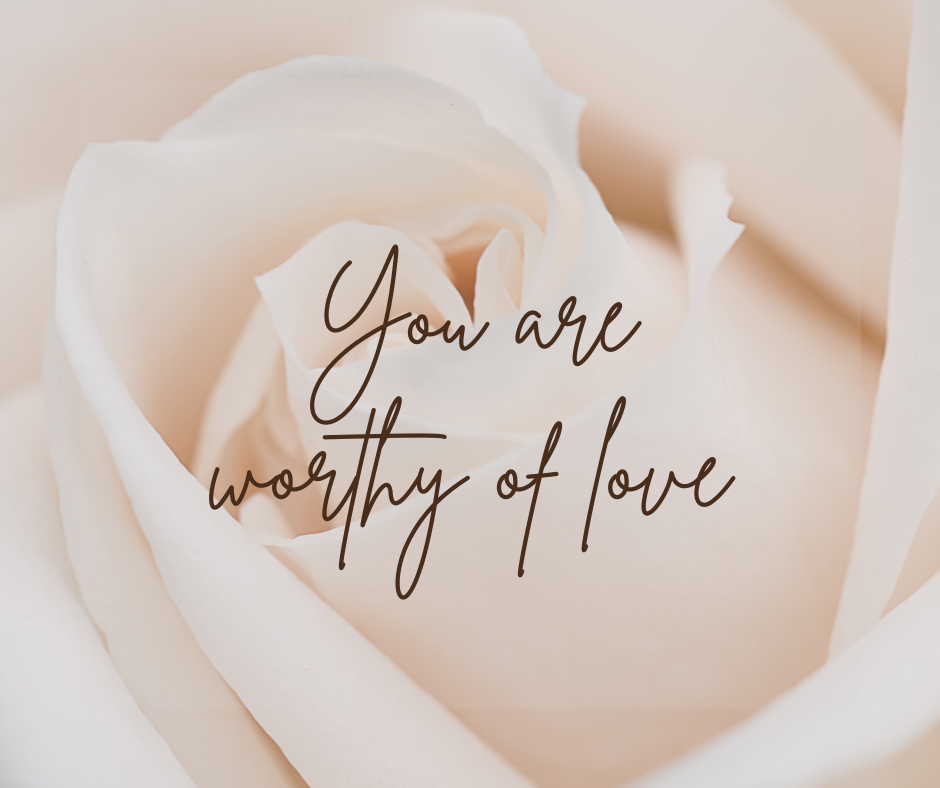BELIEVING YOU DESERVE ABUSE

Believing you deserve abuse is an injury from coercive control. Abuse damages your belief in your worthiness, leaving you vulnerable to those who want to dominate. I decided to write on this because my last blog, Saying You Allowed Abuse Is False, elicited this comment:
“What about those who believe they deserve how their partners treat them?”
Why You Believe You Deserve Abuse
Verbal, emotional, and physical abuse affects your self-image. Here are frequent issues that contribute to believing you deserve abuse.
Low Self-esteem
When you experience abuse in an intimate relationship, it changes how you see yourself. When someone you love hurts you, you’re vulnerable to believing you must be doing something to cause it. Abusive partners double down on this by blaming you.
Verbal and emotional abuse (name-calling, put-downs, blame, accusations, humiliation) are like toxic chemicals dripped into your consciousness, gradually eroding your self-esteem. They cause you to feel worthless, and this results in trying to please them. The more you try, the deeper you accept responsibility. This feeds into believing you deserve abuse.
Belief Men Know Better
Before you dismiss this one because you do not believe it, think for a moment. The countless hours of media that portray assertiveness as the norm in society, but somehow an unworthy trait in women, takes a toll. Much of it is subtle so that we don’t question it, but it becomes an implicit bias that affects how women view themselves and how much they trust their perceptions. Something that makes this blatantly evident is watching an old movie you saw in the past. You often see gender or racial biases that you find unacceptable now but that you were not conscious of before.
To the extent they are not aware of gender bias, women are vulnerable to males questioning their judgment and intuition, whether it’s in personal relationships or at work.
Abuse Experience in Multiple Relationships
When abuse damages your self-esteem, it takes time to recover. One expert[i] likened abuse damage to a bug’s antenna being lost. If you don’t have the opportunity to heal, your antennae are not given a chance to heal. Recovery helps develop the ability to detect other relationships that are toxic.
Recently, someone I know felt shame about not seeing domination in a religious setting until she felt its sting. My response to her question, “Why didn’t I see it?” was you can’t know that their benevolent behavior is paternalistic until you know what to look for. This ability comes from learning about domination red flags as well as developing the confidence to question.
Self-defense
If you defend yourself with verbal or physical abuse, you may feel you aren’t any better than your partner. Retaliating gives room for your partner to say you both are abusive or that you’re the abusive one. Your remorse may lead you to believing you deserve abuse.
First, examine your behavior. Was it done in self-defense? If the answer is yes, it was not mutual abuse.
Second, was it done to have power and control over your partner? If the answer is no, it was done to get them to stop, this also is not mutual abuse. You have the right to defend yourself, but there are other ways to do that.
Third, no one deserves abuse. When you believe that your partner has a choice about how to behave when they feel angry with you, you stop believing you deserve it.
The bottom line: you do not deserve abuse. No one does. Hold your partner accountable without using aggressive behavior. In fact, you’re more powerful when you choose assertive methods and less vulnerable to their accusations. Read more about this in my blog, Changing Tit for Tat: How to Maintain Your Power.

Strengthen Your Sense of Worthiness
The number one way of doing this is developing a group of friends and allies that treat you with respect. Find people who accept your boundaries. Surround yourself with those who have mutual expectations of give and receive. You may find yourself needing to limit contact with individuals who don’t fit those qualifications.
If you feel you need assistance to help your “antennae” to heal, look for a trauma therapist who understands intimate partner abuse.
Comment if there are other issues that lead you to believe you deserve abuse.
[i] Darald Hanusa developed the Alternative Treatment for Abusive Men (ATAM) program at Midwest Center for Human Services in Madison, Wisconsin.

